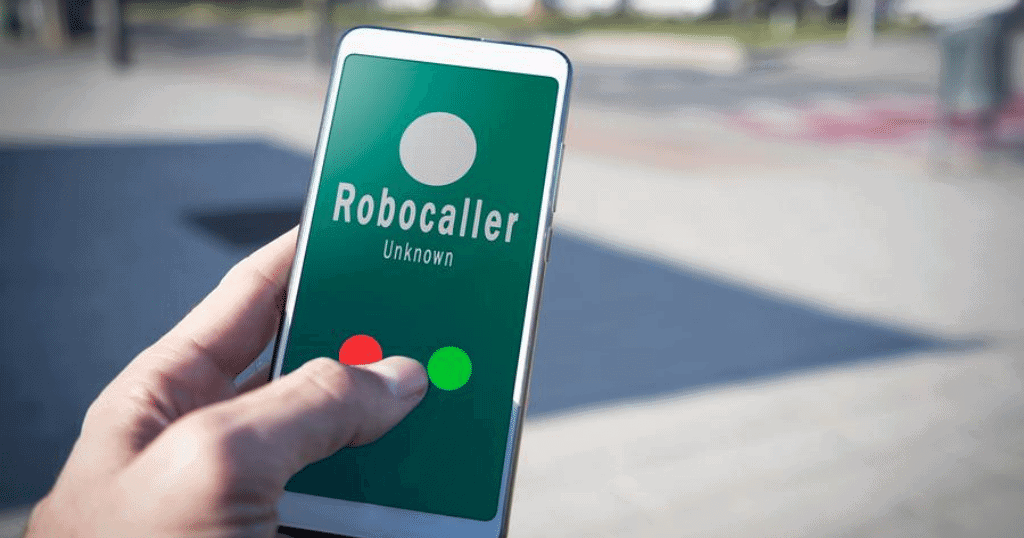Blog
Robocalls May Cost NC Company More Than $82 Million
August 10, 2017

What Can Illegal Robocalls Cost Your Company?
A North Carolina health insurance company and its owner may have to pay tens of millions after the Federal Communications Commission (FCC) says it made 21 million illegal spoofed robocalls to consumers nationwide.
According to the FCC, Best Insurance Contracts and its owner, Philip Roesel of Wilmington, NC targeted “vulnerable consumers” to sell health insurance. These consumers included low-income families and the elderly. Now the Commission is proposing a more than $82 million dollar fine for this.
The FCC says in December 2016 Spōk, a medical paging provider, complained that robocalling campaigns were disturbing its network. The FCC’s Enforcement Bureau then connected the calls Spōk was receiving to Roesel and his company and subpoenaed their call records from October 2016 to January 2017.
From the subpoenaed calls, investigators found more than 82,000 health insurance telemarketing calls were made from a fabricated caller ID.
The spoofed telephone numbers displayed violated the Truth in Caller ID Act which prohibits callers from falsifying their caller ID to hide their identity. This is done with the intent to harm, defraud or wrongfully obtain anything of value from consumers.
The FCC says consumers depend on the caller ID information to filter phone calls they receive. The Commission says caller ID is a “vital tool” to which consumers rely on to accept, ignore or block calls.”
Roesel and his company was also issued a citation for doing business as Wilmington Insurance Quotes for “apparent violations of the Telephone Consumer Protection Act (TCPA)’s robocall limits.This isn’t the only spoofing and robocalling case the FCC has taken action in over the last couple of months. The Commission fined a New Mexico company nearly $3 million for providing a robocalling platform which also allowed for easy caller ID manipulation. The FCC also proposed a $120 million fine against a person who they say was using “
This isn’t the only spoofing and robocalling case the FCC has taken action in over the last couple of months. The Commission fined a New Mexico company nearly $3 million for providing a robocalling platform which also allowed for easy caller ID manipulation. The FCC also proposed a $120 million fine against a person who they say was using “neighbor spoofing” to sell timeshares. They say this individual made almost 100 million robocalls to consumers to sell timeshares.
In an effort to combat companies who are maliciously manipulating caller IDs, the FCC is looking into new ways to create a system to verify that a phone call really originates from the number displayed on the caller ID. This initiative would create a ‘Do Not Originate’ list which would help carriers block spoofed calls purporting to be from numbers that do not make calls (i.e. IRS numbers or non-existent area codes).
Is your company compliant with all state and federal do-not-call regulations? Would you like to learn how Gryphon can help your organization stay compliant? Learn more about our fully bulletproof Do-Not-Call Compliance solutions.
Related Posts
In an effort to further reduce robocalling, the Governor of Maine approved a new bill on March 25, 2024, requiring telephone solicitors to leverage the Reassigned Numbers Database (RND). Here is…
As we wrap the first quarter of 2024, it’s essential to stay up to date on recent telemarketing regulations to ensure operational success for the rest of the year. Here…
There’s a common misconception that implementing a contact compliance solution for DNC and TCPA compliance will hurt your marketing outreach, ultimately impacting revenue growth. However, this doesn’t have to be…
Learn more about Gryphon